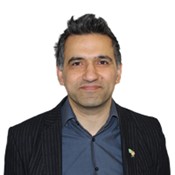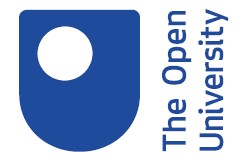A University of Bedfordshire academic was one of only four expert witnesses invited to provide evidence to a parliamentary inquiry into how patients’ cultural and socioeconomic backgrounds can create barriers when accessing treatment and care for blood-related conditions.
Amongst a range of interests Gurch Randhawa, Professor of Diversity in Public Health and Director of the Institute for Health Research, focusses his research on patient-centred care pathways, health inequalities and organ donation and transplantation.

These areas of expertise made him a key witness of the All-Party Parliamentary Group (APPG) on Stem Cell Transplantation’s inquiry titled No Patient Left Behind: The Barriers Patients Face When Accessing Treatment and Care. The report looked to deepen understanding of how a patient’s geographical location, socioeconomic background and ethnicity can lead to inequality and hesitancy in accessing treatment.
The APPG, of which the stem cell charity Anthony Nolan is the secretariat, published the findings in late May, after evidence was submitted between August 2020 and January 2021. An online parliamentary oral evidence session took place in February this year and, in total, the APPG received accounts from more than 40 patients, family members, clinicians, charities and researchers.
Following a call for written evidence, Professor Randhawa submitted a portfolio of research spanning 20 years, providing an overview of the challenges and opportunities in public engagement in organ donation, and how the lessons could be applied to stem cell donation and transplantation.









